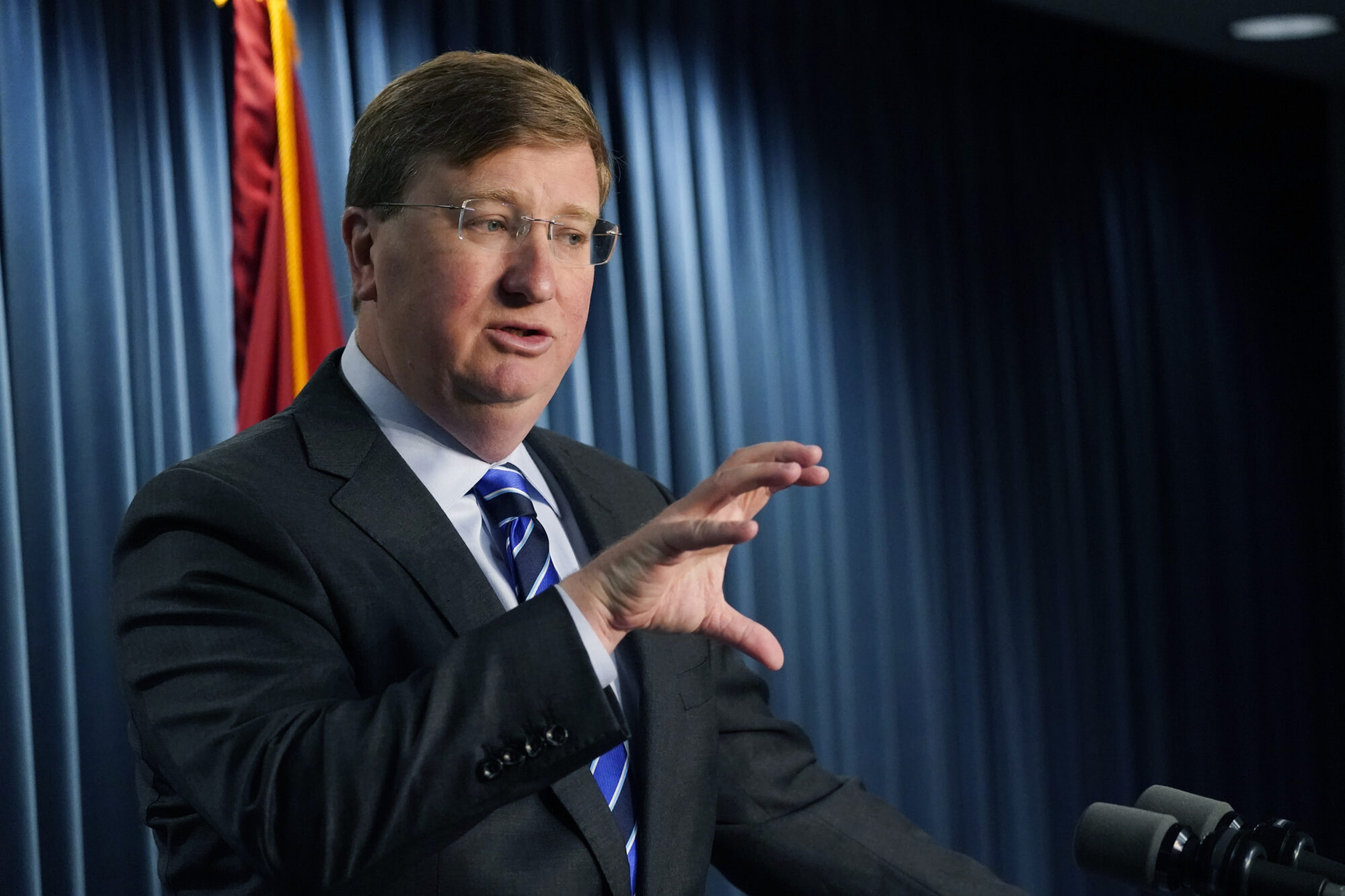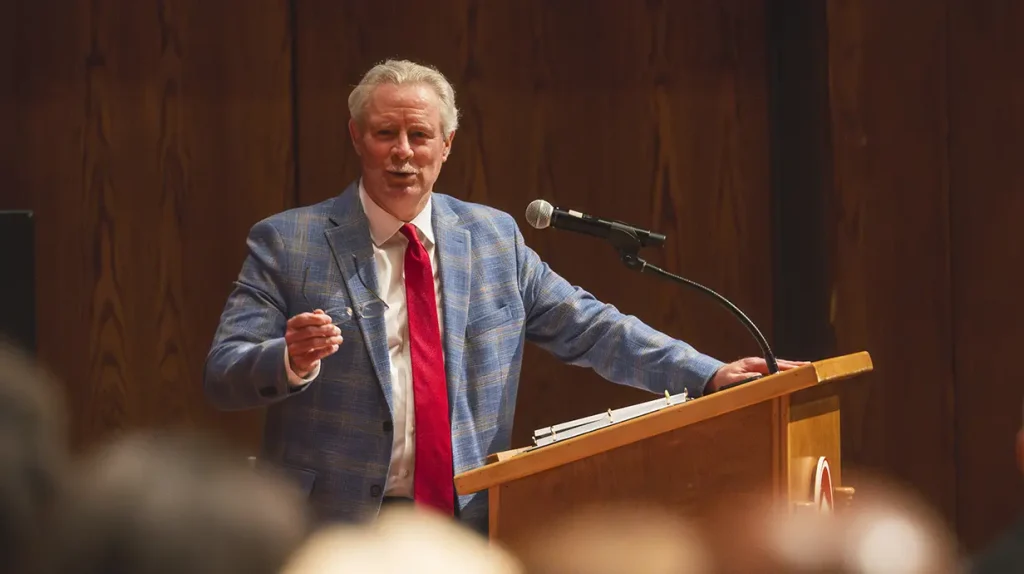RELEASE:
COCHRAN URGES INCREASED SUPPORT FOR TELEHEALTH PROGRAMS
UMMC’s Dr. Henderson Advocates Federal Changes to Build on Mississippi Telehealth Success
WASHINGTON, D.C.—U.S. Senator Thad Cochran (R-Miss.), chairman of the Senate Committee on Appropriations, today explored how the federal government could increase its support for telehealth in order to improve and make more affordable healthcare in rural and underserved areas.
Cochran on Thursday participated in a Senate Labor, Health and Human Services, Education, and Related Agencies Appropriations Subcommittee hearing on rural health that included testimony from Dr. Kristi Henderson, chief telehealth and innovation officer at the University of Mississippi Medical Center (UMMC) in Jackson. UMMC is recognized nationally as a leader in the advancement of telehealth services to underserved communities.
“We benefit from the examples set by Mississippi to improve access with less cost through its telehealth programs,” Cochran said. “The diabetes pilot project in Ruleville, Mississippi, for example, is achieving remarkable results, and highlights the potential for significant cost savings if such programs could be expanded not just in my state but across the country.”
Cochran also questioned the federal government’s policy of restricting reimbursement for telehealth services based on geographic location, asking a representative from the Centers for Medicare and Medicaid Services (CMS) how the agency chooses “which areas are more eligible than others.” Currently, telehealth reimbursement is restricted to rural locations, which limits the opportunities for its expansion to underserved urban areas.
In her testimony, Dr. Henderson highlighted the importance of telehealth programs, noting that without life-saving connectivity to medical care, “limited local medical services and lack of transportation” can leave “patients unable to access vital primary care services that focus on prevention and management of chronic illnesses, which leads to inadequate continuity and coordination of care. The result is inflated health care costs, poor outcomes and repeated readmissions.”
Henderson, in her testimony, also advocated the removal of CMS geographic barriers for reimbursement, as well as continued and coordinated federal support for telehealth infrastructure development, workforce training and demonstration projects. She also encouraged the subcommittee to increase federal reimbursements for telehealth services, or reimbursement parity, as a means of expanding care to underserved areas. Mississippi and other individual states already require such parity.
“State legislation mandating payment equality was the driver for increased deployment of telehealth technology to underserved areas. What this robust marketplace proves is that reimbursement parity increases access to care in rural communities, improves health outcomes in these regions and saves money. The only way to know if successes at the state level can be replicated at the federal level is to test it. Now is the time for CMS to pilot reimbursement parity models for these technologies, especially in-home monitoring where impact is greatest,” she testified.
The President’s budget request for the Office of Rural Health within the Department of Health and Human Services is $127.6 million, a decrease of $19.9 million below current funding. Within this request, $14.9 million is recommended for the Office for the Advancement of Telehealth, which is level with current funding.
5/7/15






